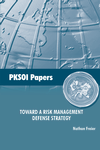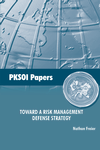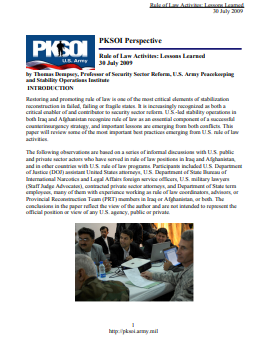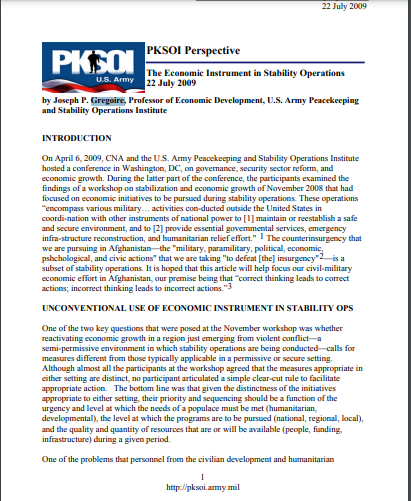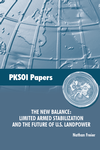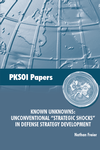A Case Study in Security Sector Reform: Learning from Security Sector Reform/Building in Afghanistan (October 2002-September 2003)
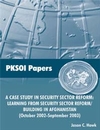
Foreword by General Stanley A. McChrystal
This PKSOI Paper A Case Study in Security Sector Reform: Learning from Security Sector Reform/Building in Afghanistan (October 2002-September 2003) is designed to further the U.S. and other interested international governments’ understanding of how Security Sector Reform (SSR) was conducted in Afghanistan from 2002 to 2003. This was America’s first attempt at conducting formalized SSR, so it offers readers an opportunity to learn whom the United States saw as key actors in the process, what institutions were slated for reform, and how well the United States and its partners met the typical challenges of SSR.
